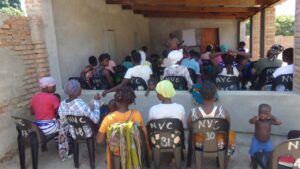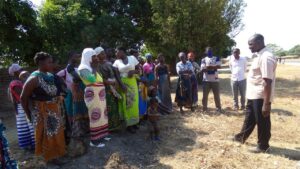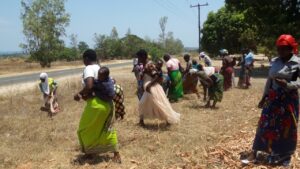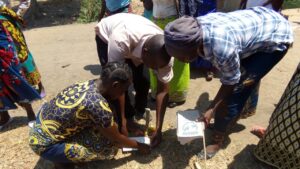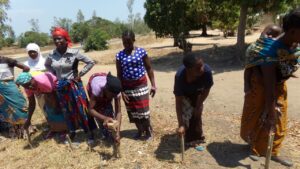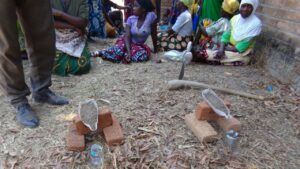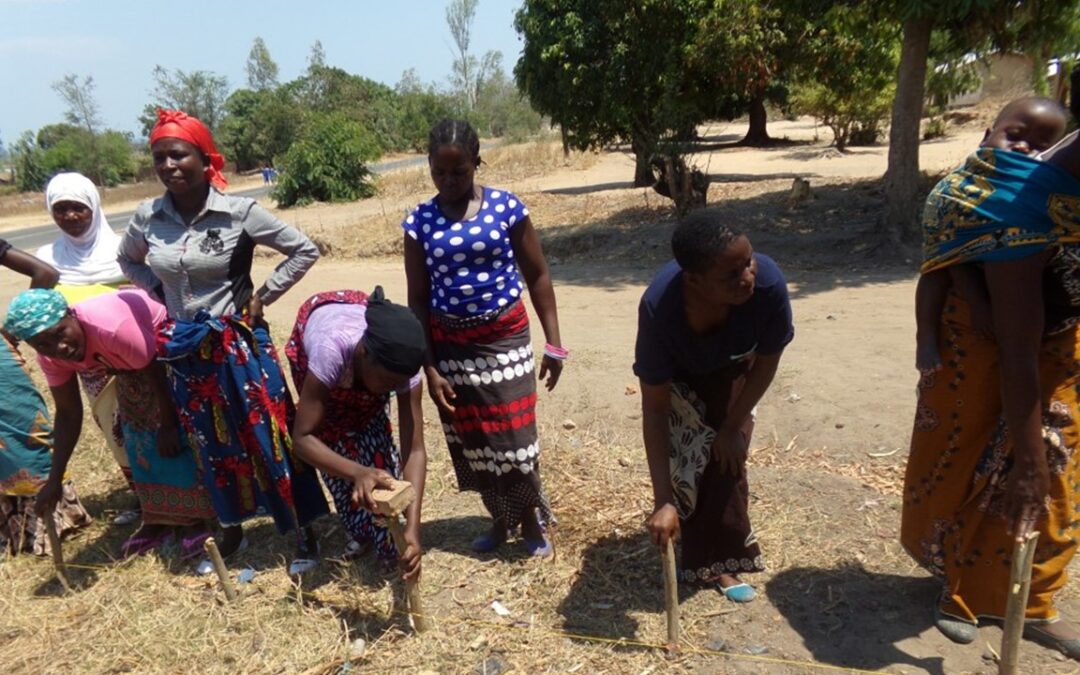No one seems to know who really said it first. Lots of people have taken credit. The majority of people seem to think it was Albert Einstein who said, “Insanity is doing the same thing over and over again and expecting different results.” Whoever said it, there seems to be a lot of truth in the words.
None of us are immune to falling into the trap of comfortable practice and thinking. We just get accustomed to doing things the same way. Perhaps we learned how to do something as a child and that method just sticks with us, change is hard. Other times certain practices can even be cultural. Ever hear someone say, “Well that’s just how we do it around here?”
In Malawi, people have been gardening and farming a certain way for generations. A lot of the common practices grew out of the days of colonization. The British brought familiar farming practices from Europe. Unfortunately, many of these practices were not well suited to Africa. Others evolved from longstanding cultural practices powered by the lack of modern tools, knowledge, and products. No matter the origin these practices have hindered the very people who live in a rich and fertile environment from sustaining themselves by growing their own food. The words of the prophet Hosea ring true when he said, “My people perish because of a lack of knowledge.” (Hosea 4:6)
Enter Farming God’s Way. This new thinking begins by examining how God farms, learning how plants grow in the wild, how natural mulch works. It extends to understanding the growth components of sun, soil, water, and natural fertilizer. The strong value add component in the mix is the interweaving of Biblical knowledge and discipleship. Results have been impressive. Those utilizing the practices experiencing yields of 2 to 3 times the norm.
Recently Y-Malawi gathered about 30 sponsored women and girls specifically to provide them with Farming God’s Way training. In Malawi, many of the gardens and fields are the responsibility of women. Participants gathered at the Y-Malawi Vocational Training Center for this full day event. They experienced both theory in a classroom setting and practical learning outside nearby.
From some of those who participated:
” My participation Farming God’s Way training is so beneficial to me. I have learned how water is wasted when we use traditional way of farming and how we can preserve water.” Bigrida Maili
“I am very thankful for calling me to participate the training, when I was using the traditional way of farming, I was not harvesting enough food. Now I am eager that I will harvest enough because we have learned how to use garden trashes, the earth blanket as manure.” Veronica Kayira
“I was not aware on the proper way of planting seeds in planting stations, but now I have learnt the proper way of planting seeds and distance measuring.” Robina Chimpesa
“I have learned the importance of early planting. When you plant early you don’t worry, even when the rain stops earlier.” Mary Halidi
The goal is to increase food security and sustainability. But it extends to drawing people closer to an understanding of the love of God for all people. Understanding that God loves us is the beginning of understanding how to farm God’s way, and how to live God’s way.
